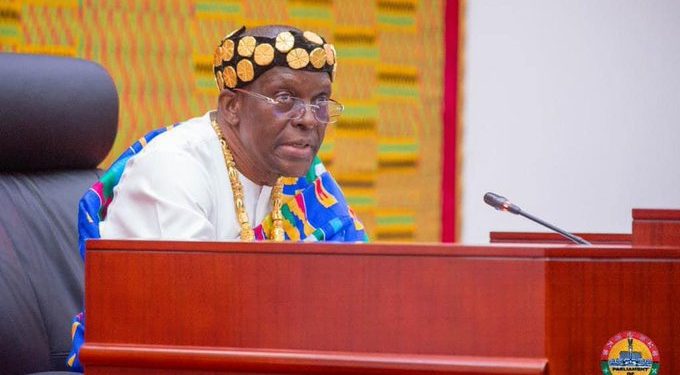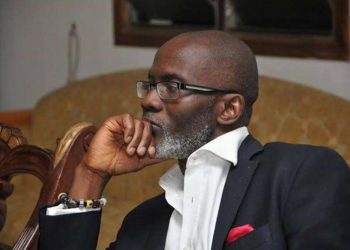The heated debates surrounding Ghana’s controversial Human Sexual Rights and Family Values Bill, commonly referred to as the Anti-LGBTQ Bill, have once again taken center stage in political discourse.
Speaker of Parliament Alban Bagbin recently reaffirmed his unwavering commitment to ensuring the bill becomes law in 2025, addressing the contentious issue with a level of determination that left no room for ambiguity.
Bagbin, speaking during a gathering with traditional leaders and National Democratic Congress (NDC) supporters, reflected on the bill’s troubled journey.
“The LGBTQ bill was passed by Parliament, but the former president refused to assent to it, which was unconstitutional,” Bagbin remarked, referencing the actions of the previous administration.
He emphasized the legislative authority vested in Parliament, stating, “Parliament is the authority for passing laws, not the president.
That decision was wrong, and all of you punished him for that.”
The Speaker’s words paint a vivid picture of a clash between the executive and legislative arms of government.
The refusal of the previous president to assent to the bill caused uproar among proponents of the legislation, who viewed the decision as a betrayal of Ghanaian cultural and moral values.
For Bagbin, the issue is not just political—it is deeply personal and spiritual.
“I am going to write to the new Attorney General and Minister for Justice for his comments so we can resend it to the new president for assent,” Bagbin declared, signaling his intent to expedite the process.
“This will not take time. It will be passed this year. It is ungodly, and nobody should joke with me on this. I can lose my life for this cause.”










Discussion about this post